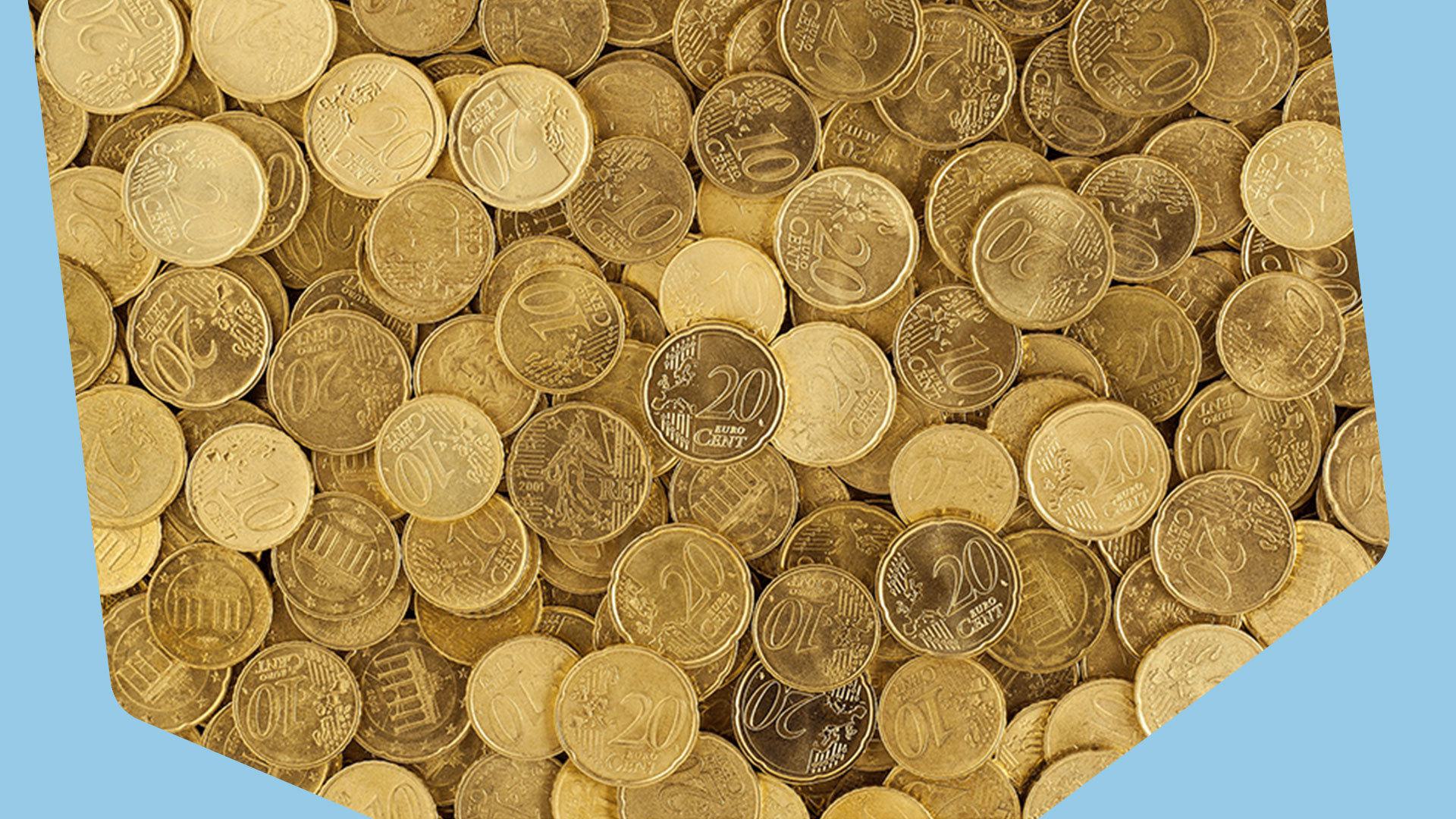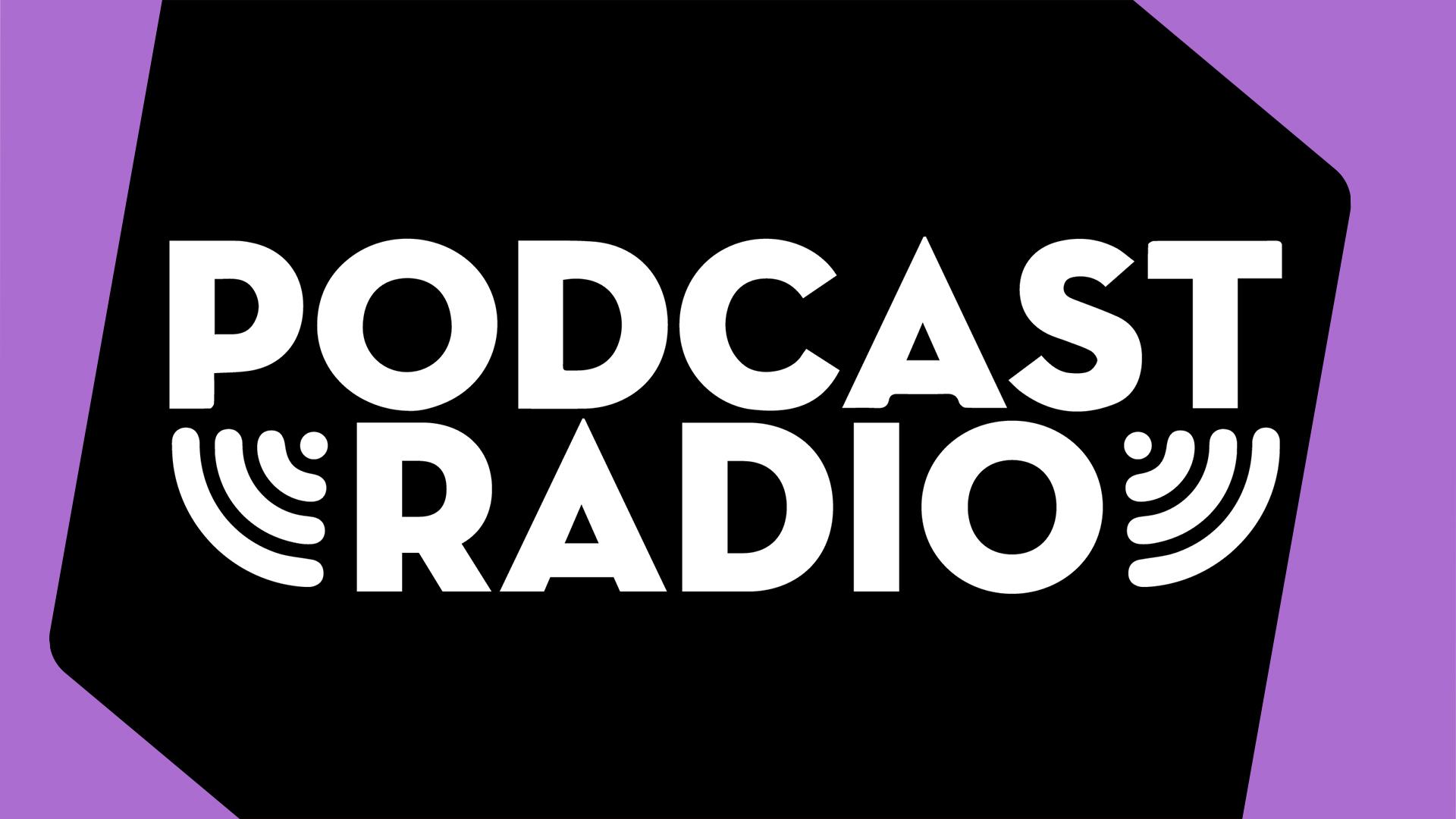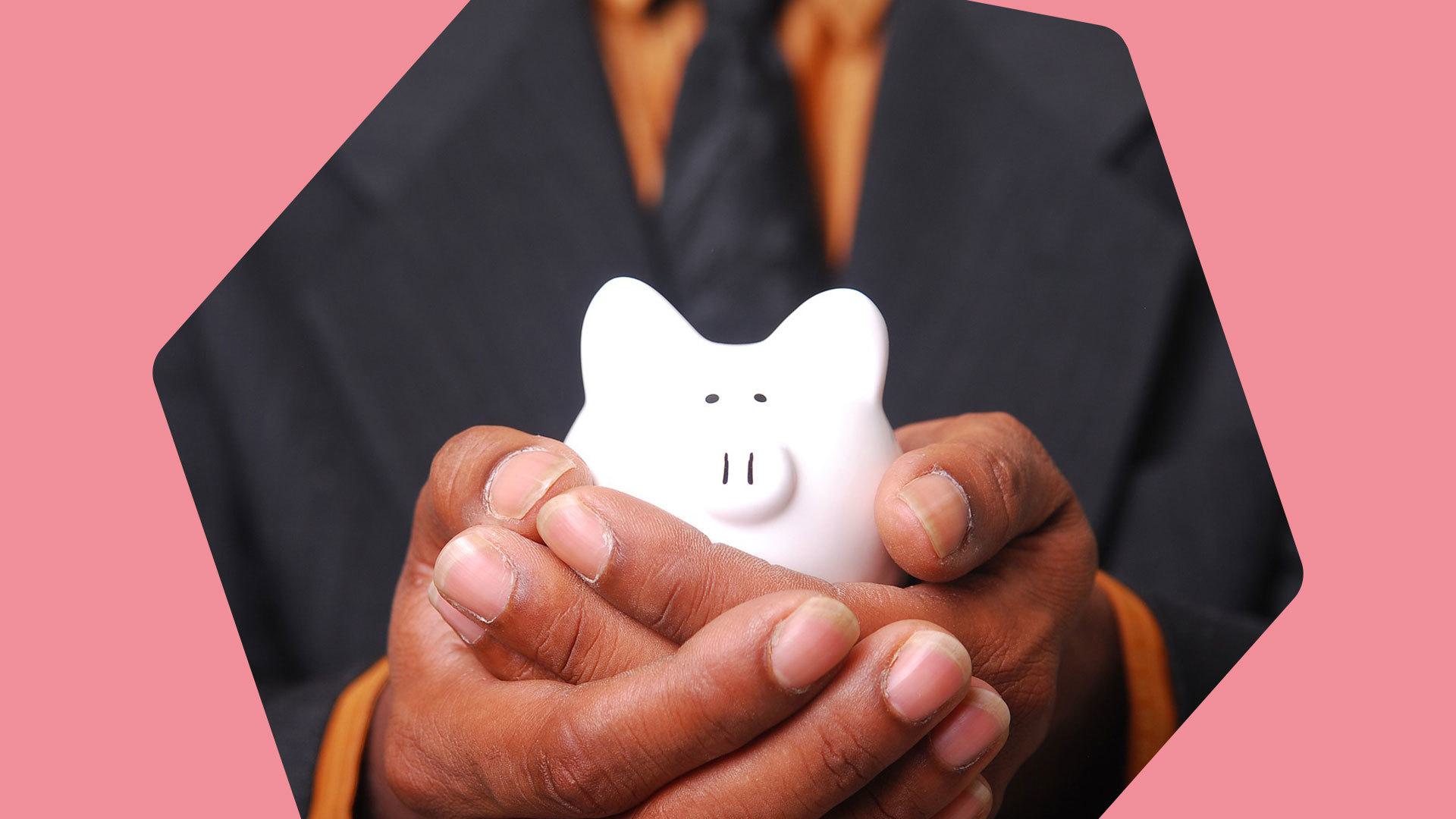Need advice? Let's talk.
Get straightforward guidance from your broadcasting partner. Schedule a call to chat with the team about your radio station.
Book DemoRadio Ads: Good or Bad Idea?
Weigh the pros and cons of making money through radio ads to determine if they're a right fit for your station.
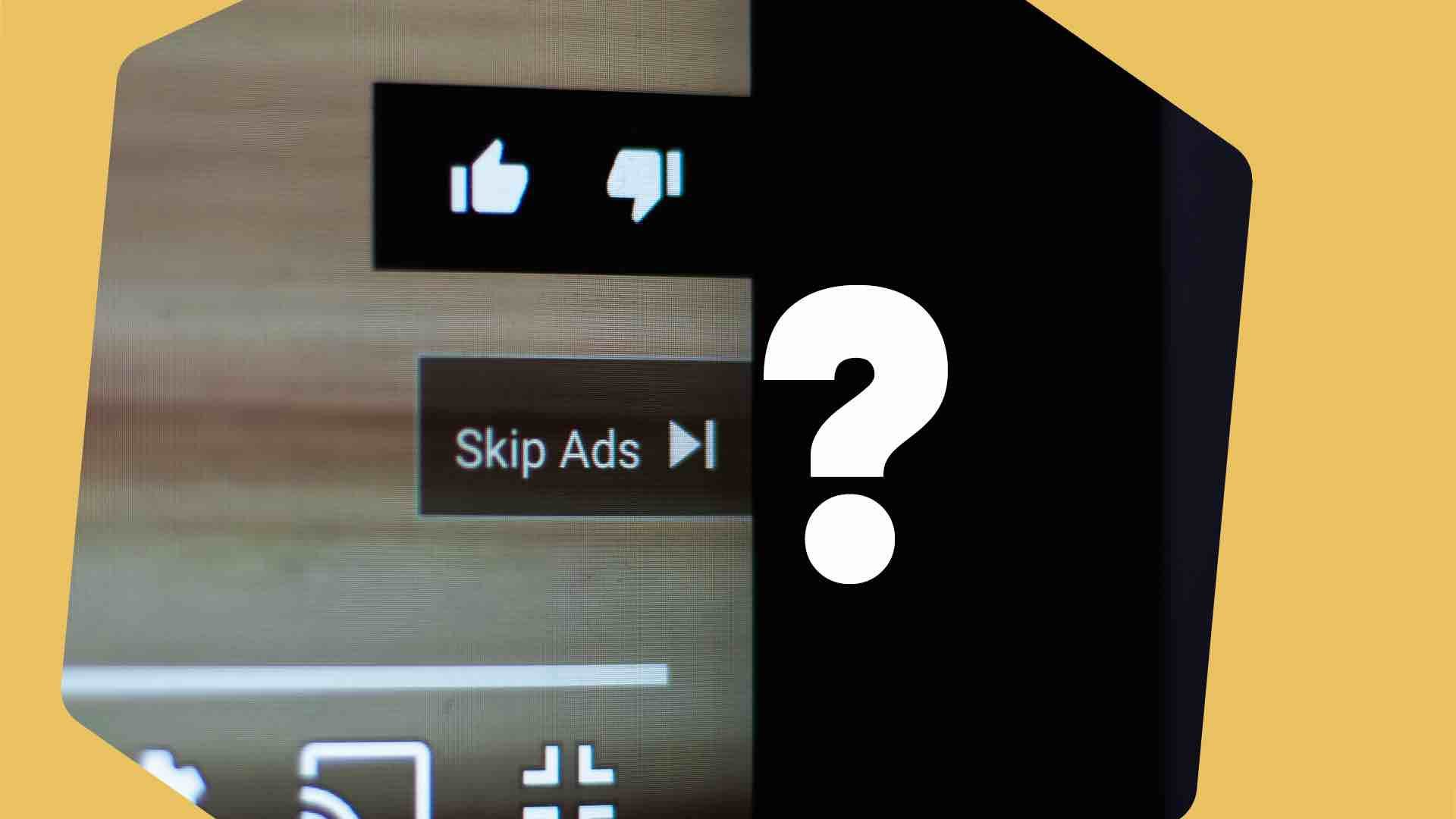
Adverts are a fact of modern life. It seems you can’t go far without someone trying to sell you something. From TV to radio, online to out in the streets, marketers are always trying to grab your attention and empty your wallet. It’s not all bad news though, adverts can be an impactful part of your radio programming.
But what exactly are the benefits you can take advantage of? And what downsides are there for selling your airtime to strangers?
Why Businesses Advertise
Why do businesses advertise their products and services? The answers may be obvious, but for those unaware:
- Reach: Adverts spread awareness of your business when aimed at the right audience.
- Brand: Adverts are short pieces of content you can get creative with. Show off your personality and style. Forge an image for your business and create unique branding with fonts and colour schemes. You can even create a story or song that’s more likely to stick in audiences heads and build goodwill.
- Marketing: Adverts are an effective way to announce new developments and products to a wide audience.
How They Make Money In The Big Leagues
Companies like Bauer and Global Media rake in unimaginable revenue every year, easily reaching the capital B billions of dollars mark. They don't just make their money through radio or advertising, however. They produce a variety of content, including blogs and magazines that allow them to spread out profits.

Unlike newspapers, it's rare you'll find any content from Bauer being offered for free. Often you'll find paywalls and subscriptions standing between you and their content. While this may not be what you want to do with your stations content, you might want to think about diversifying the kind of material your station puts out, beyond just different shows.
Here are ideas for different content you can use to expand your station’s reach;
- Blogs/Articles: Slices of written content discussing the latest news, equipment and developments with your station can draw in an audience not necessarily looking for radio. If you can manage your SEO you may pull in new listeners who see your articles on Google results.
- Videos: Behind the scenes videos that you can post on your website or YouTube. Or if not behind the scenes, simple short-form content to draw people in. If you manage to get enough subscribers on Youtube, you can even monetise your channel.
Even if you don’t monetise this, it can be a great way to get people through the door into your station.
The Pros of Radio Ads
Those are the benefits for businesses, but what are the pros of radio ads for your station?
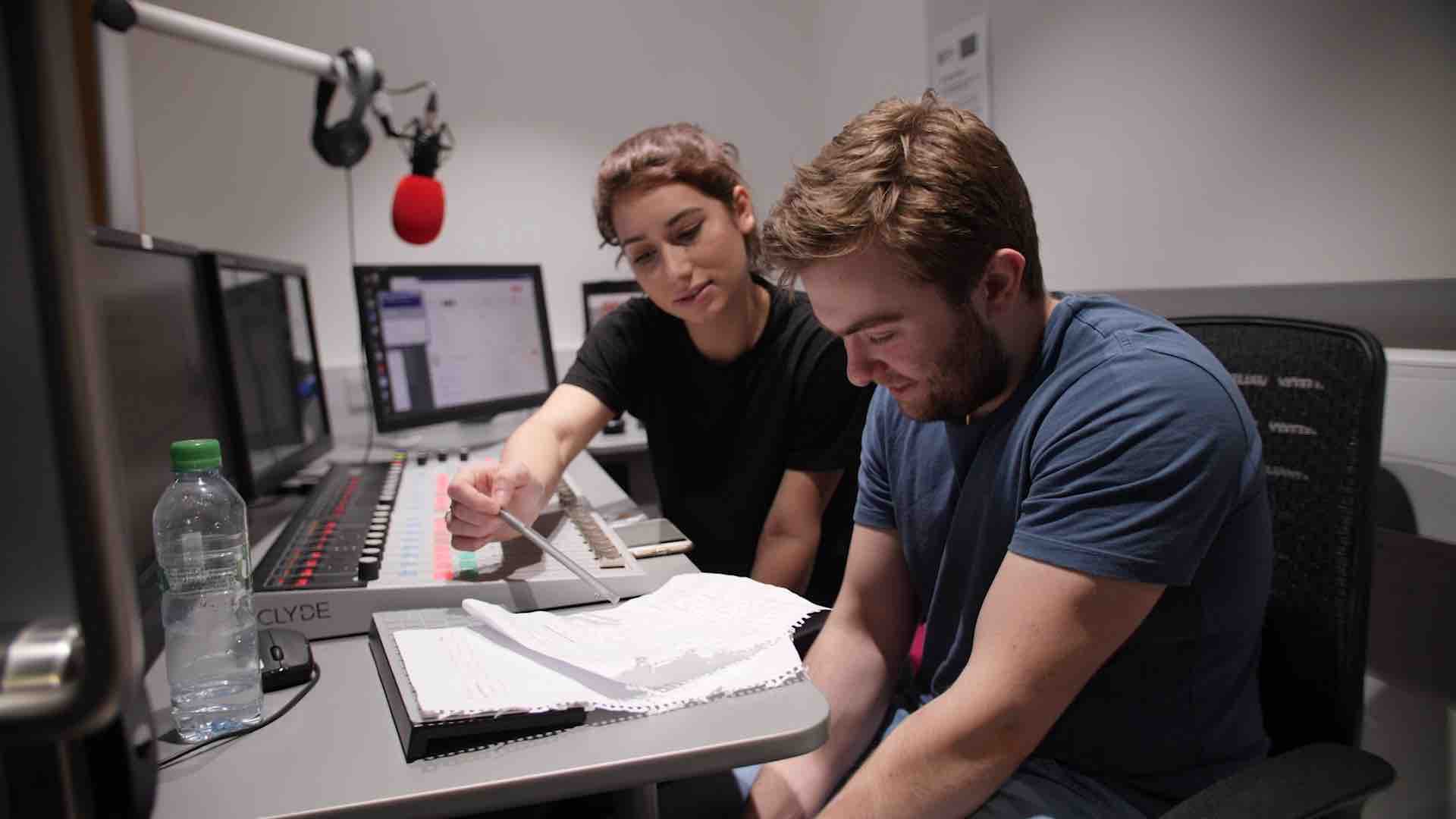
Generating Revenue
The most obvious is that people will pay you for advertising space on your station. Depending on the size of your audience and listener traffic during certain shows, you can demand different rates for shows ad slots. Charge more for 45 seconds than 30 seconds, and so on.
This is a great way to supplement your station's income and can become a primary way of earning revenue if you attract enough advertisers and sponsors. Other methods of making money are available, like Patreon and merchandise, but if you can land a reliable sponsor you don’t have to rely on the whims and spending habits of your audience.
There’s only a limited amount of space in your broadcast schedule. The more popular your station is, the more businesses will want their ads heard by your listeners, and you can only fit so many into 1-2 hours. Use this competition to drive up prices for your ad slots and make some more money.
Otherwise, you can offer a flat rate for advertising space on your station. Some advertisers and sponsors might want to see listening figures before they agree to pay, so they know their messages will reach enough of an audience to be worth it.
Doing it Like the Pros
Radio ads can also lend a certain level of ‘prestige’ to your station. If you’re listening to an independent, self-made station, the likelihood is you’ll only be listening to one or two voices, with very little support from businesses or advertisers. In effect, not hearing radio ads is one of the hallmarks of listening to amateur radio.
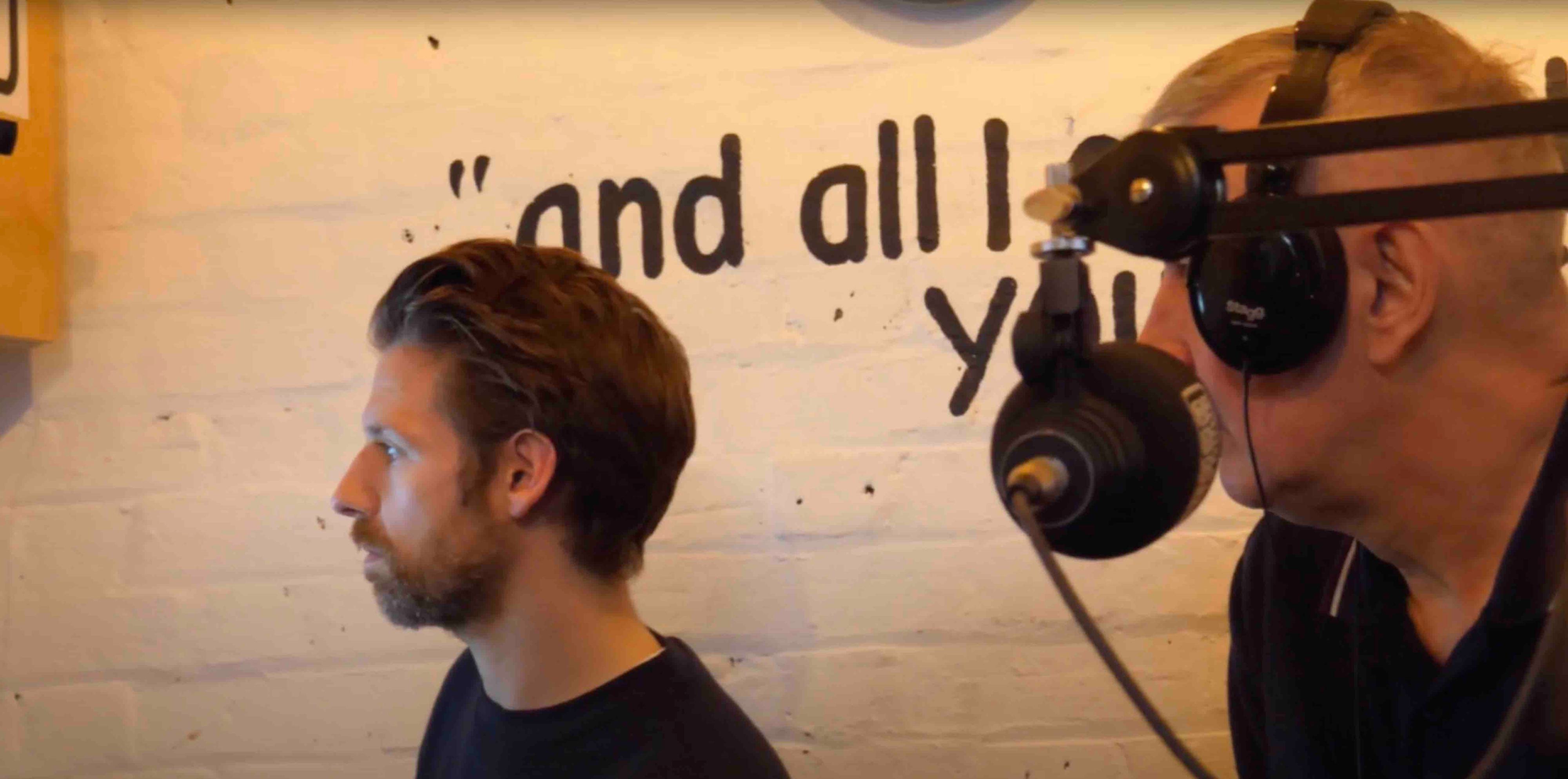
On the other hand, adverts are all over commercial radio, to the point where you can’t go five minutes without hearing them on some stations. Whether or not we want this, it does cause people to associate the act of hearing adverts and sponsorships with professional and established radio stations. So if you’d like to give your station more of an air of authority, maybe throw some radio ads into your schedule at well-placed intervals.
The Cons of Radio Ads
The main downside to radio ads is that there’s a business attached to them. This means that you have to keep your content advertiser-friendly. In other words, if your station isn’t averse to a few curse words here and there, but your advertiser is, then you’ll need to clean up your act.
Basically, by depending on other companies for income, you need to meet their standards, and if they don’t want their products associated with certain views or people, they won’t pay to be on your station. These kinds of commitments have affected media companies before, most notoriously in YouTube’s adpocalypse a few years ago. If you don’t want to give up some creative control of your station, you might want to look elsewhere for revenue.
Added Responsibility
At the same time, you need to make sure the radio ads you accept and the products they push are appropriate for your audience. Your audience is unlikely to respond well to products they don’t care about. So taking on radio ads is an extra level of responsibility that you might only want to take on once you feel you’re ready. Consider writing a cheat sheet you can display on your website for advertisers to use as a guideline to meet your standards.
And be careful of placing competing ads back to back.

How to Make Great Radio Ads
Radio ads need to fit in with your programming, it’s good to have some input in the content you’ll be broadcasting. Knowing how to make a great advert is a necessary skill for weeding out good radio ads from the bad. So what makes a great advert?
- Memorability: A radio advert isn’t like something you’ll find online or in a magazine. You can’t go back to it or cut it out for later. Once it’s played listeners won’t hear it again until the next time it’s broadcast. So write a catchy song, a creative script or hire people on Fiverr to write something for you. Get something that will stick in people’s heads.
- Good Will: Appeal to people's better nature, and their ego. Shaming tactics aren’t effective at getting people to buy your product. This is a matter of framing. For example, deodorant adverts don’t shout that you stink, they tell you how good you’ll smell.
- Storytelling: People love a good story. Give them characters, suspense and intrigue to draw them in and get them invested. In the ‘80s, Nescafe perfected this with their Gold Blend commercials. For viewers, the coffee was secondary, they really cared about the couple getting together. But every time they thought of the two lovebirds, Gold Blend wasn’t far behind.
Use Audio to Create Compelling Adverts
Those are a few of the ways you can create a good advert. But keep in mind that on the radio we don’t have the benefit of visuals to catch people’s attention. Advertisers are forced to use pure audio to convey their message. That can be done with catchy tunes like we’ve covered, ear-grabbing audio effects, and professional voice over.
But don’t go overboard. There’s a fine line between catchy/memorable, and annoying. It can be tempting to load your radio ads full of loud bangs, pops and other attention-grabbing noises. But there’s a line that’s easily crossed where people are more likely to tune out than pay attention.
Alternatives to Radio Ads
Despite the benefits they can offer, radio ads definitely aren't for everybody. Not everyone wants the shows on their station to get clogged up with advertisers yapping at their listeners. Here are some substitute ways to keep the lights on:
- Crowdfunding: For a few years now, it's been popular for online shows like those found on Youtube to rely on their fans directly for generating revenue. It's a simple deal; you keep making the content they enjoy, and they pay for it. No adverts, no merchandise, they just pay a sum to you at the end of each month. Sites that facilitate these services are Patreon, Indiegogo, GoFundMe and more. Some of the highest earning radio stations get a hefty slice of their income from Patreon.
- Syndication: This is one for the bigger stations out there. If one of your shows attracts a big enough audience, other stations might be willing to pay money to broadcast it as part of their schedule. Local, smaller stations in particular could be willing to pay money for the promise of your shows attracting a pre-built audience for them. If you're struggling to fill gaps in your schedule, you might want to find syndicated content as well.
- Subscriptions/Paywalls: If you'd like to foster some exclusivity for your station, you could always put a paywall in front of anyone trying to listen to it. You can implement this by creating a radio app and requiring a password for anyone to listen to it. Once listeners have paid the subscription fee, they get access to the password. You might need to already be quite well known for audiences to be willing to do this.
Conclusion
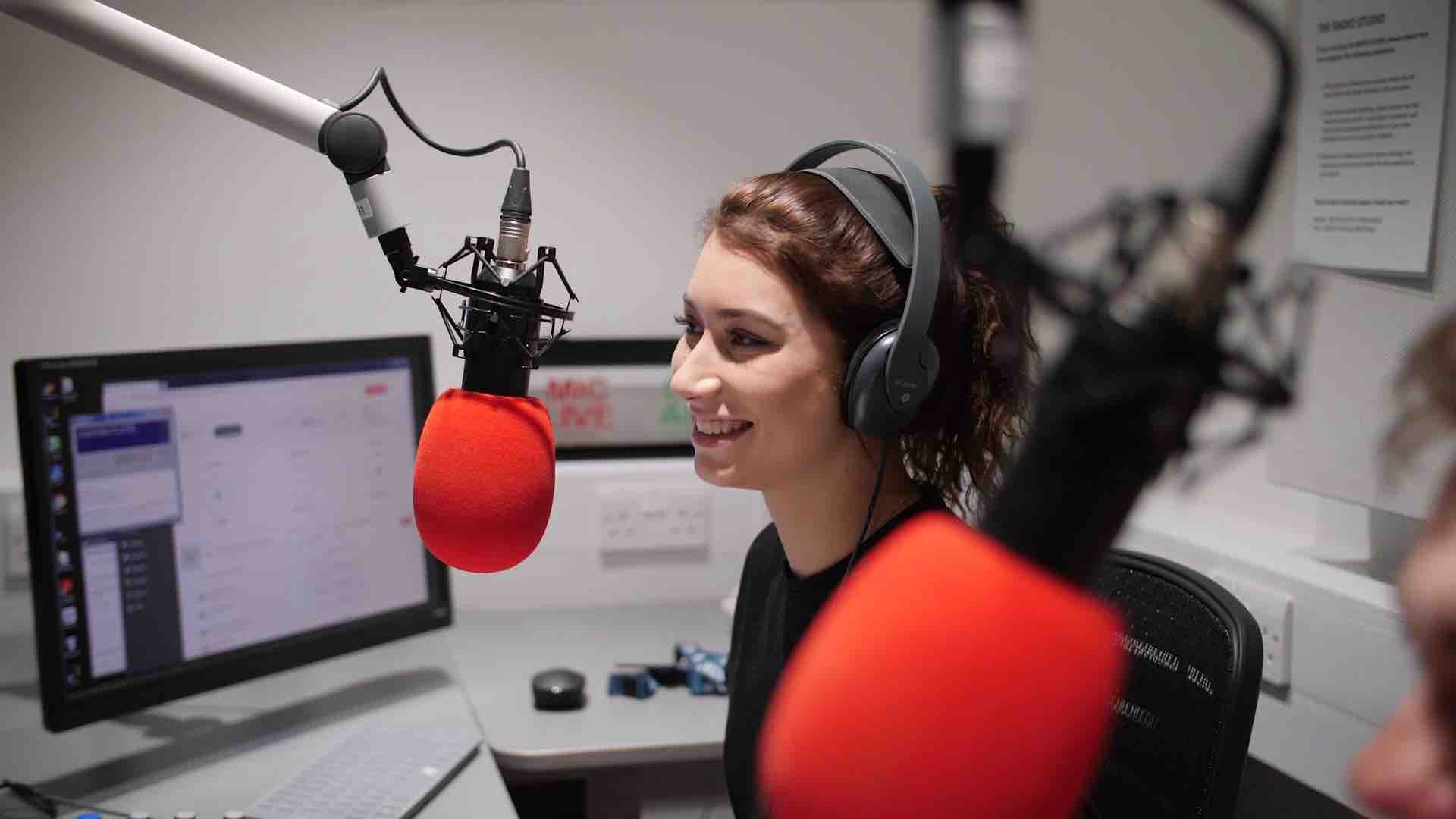
Back to the original question; are radio ads a good or bad idea? We’d say they’re a pretty good idea for any station that has an audience big enough. They can be a great way to earn more money and attract involvement from local businesses, just be aware that you may have to release a little bit of creative freedom to accommodate them.
Interested in starting a station and building your own audience? Try out a free 7 day trial at Radio.co today.

